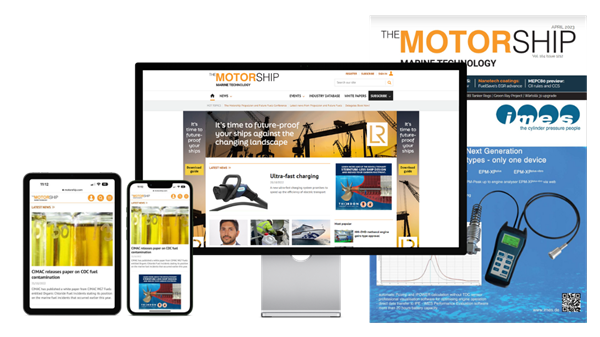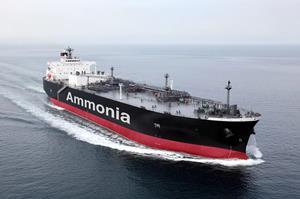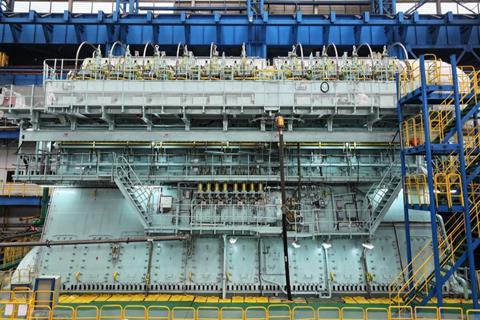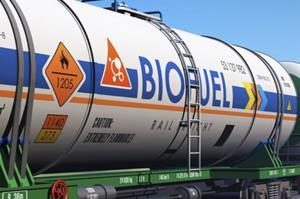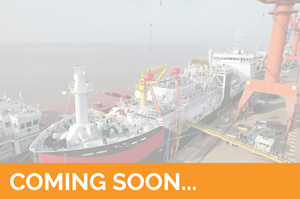The transition to carbon free shipping was the focus for The Motorship’s first Propulsion and Future Fuels Live conference.
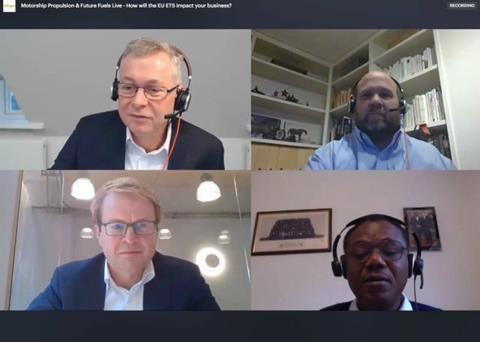
Technical solutions, policy, financial and commercial levers will all have their part to play to achieve tight EU environmental targets in the coming years, but there is still no clear way forward on how to get there or how to bring ports along with the developments.
“We need to overcome the chicken and egg situation to move forward and build confidence in developing the land-based infrastructure which needs to see significant investment going forward.”
Collaborative effort
Mr Simonsen said that the Maersk centre has been created to create a neutral and open collaboration platform for the development of ship power technologies. It has been set up by seven partners including Siemens and ABS.
Dialogue is already taking place between all the stakeholders which the centre is helping to facilitate. But there is “a clear need to look at the whole supply chain not just at the ship,” Mr Simonsen said.
Bud Darr, executive vice president, maritime policy and government affairs, MSC Group raised his concerns over the recent proposed inclusion of shipping in the EU Emissions Trading Scheme (ETS) and how this will impact the sector if ratified for implementation in 2022.
Mr Darr cautioned that the ETS could be seen as a tax on trade and that the EU needs to make sure that any levies made from the scheme go directly towards the decarbonisation aim, not elsewhere.
He said that a “holistic solution set” is needed in order to achieve pre-existing global agreements including the requirement to reduce greenhouse gas emissions by 50% by 2050.
“There’s not a single solution on how we get there in my opinion. Shipping can’t afford to take a risk backing one means of lowering emissions and get it wrong.”
Therein lies the challenge to ports and the reluctance to invest in infrastructure without a firm way forward.
What next
By way of a take home, the panellists concurred that there is a real urgent need for the sector to move forward with a firm transition plan.
Mr Simonsen said that solutions need to be created based on technologies already available and R&D ramped up to drive up efficiency and drive down costs.
The idea of European funding was mooted.
Above all the climate crisis should be seen as a collective responsibility as the expectation grows from the public and from customers surrounding green transportation.
And the view was that any collective responsibility needs to go hand in hand with IMO policy.
The conference was chaired by Lars Robert Pedersen, Deputy Secretary General, BIMCO and included panellists Bo Cerup Simonsen, CEO, Mærsk Mc-Kinney Møller Center for Zero Carbon Shipping, Bud Darr, Executive Vice President, Maritime Policy and Government Affairs, MSC Group and Harry Tenumu Conway, Vice Chair of the Marine Environment Protection Committee (MEPC), IMO on 24 November 2020.

